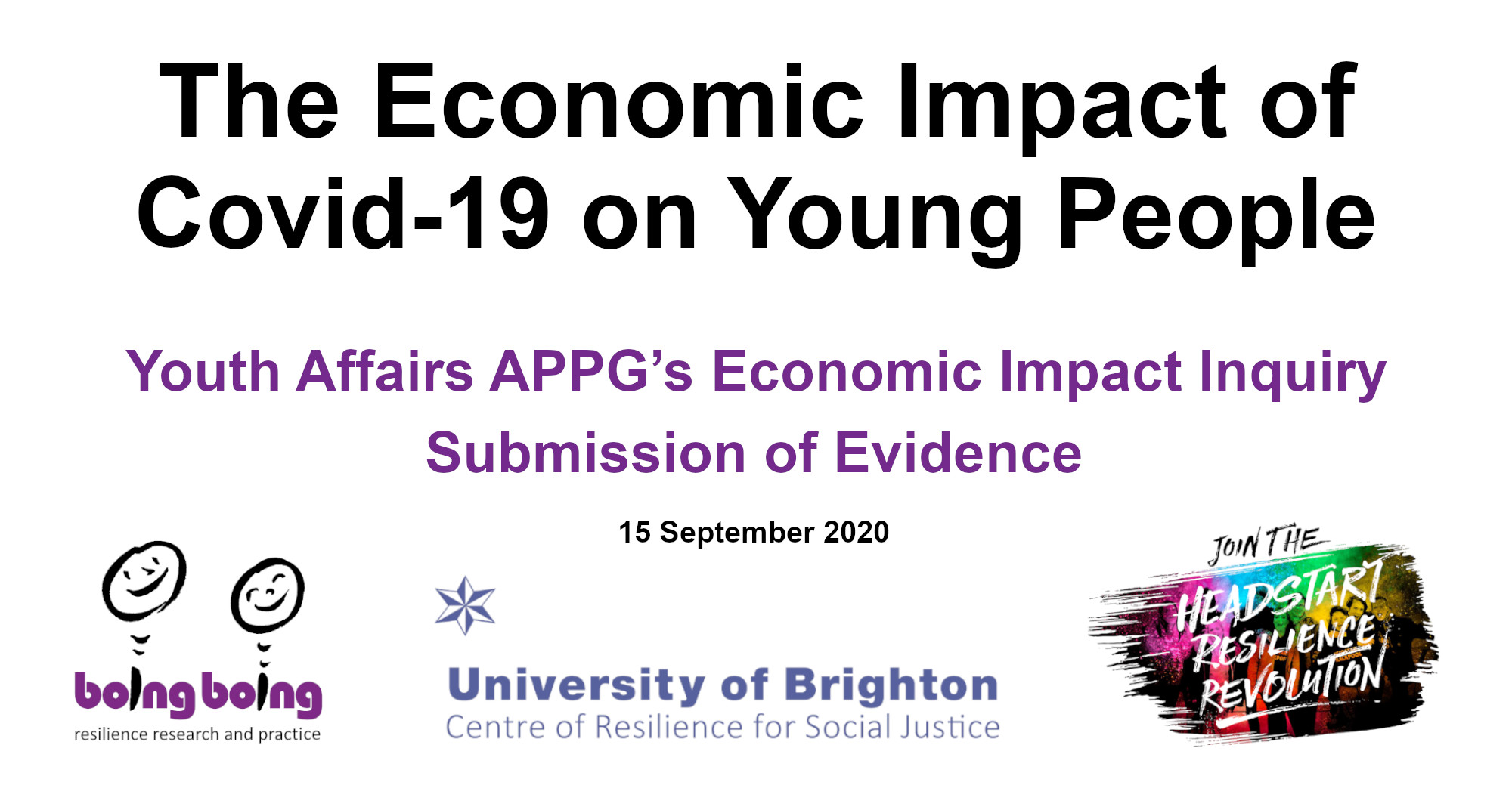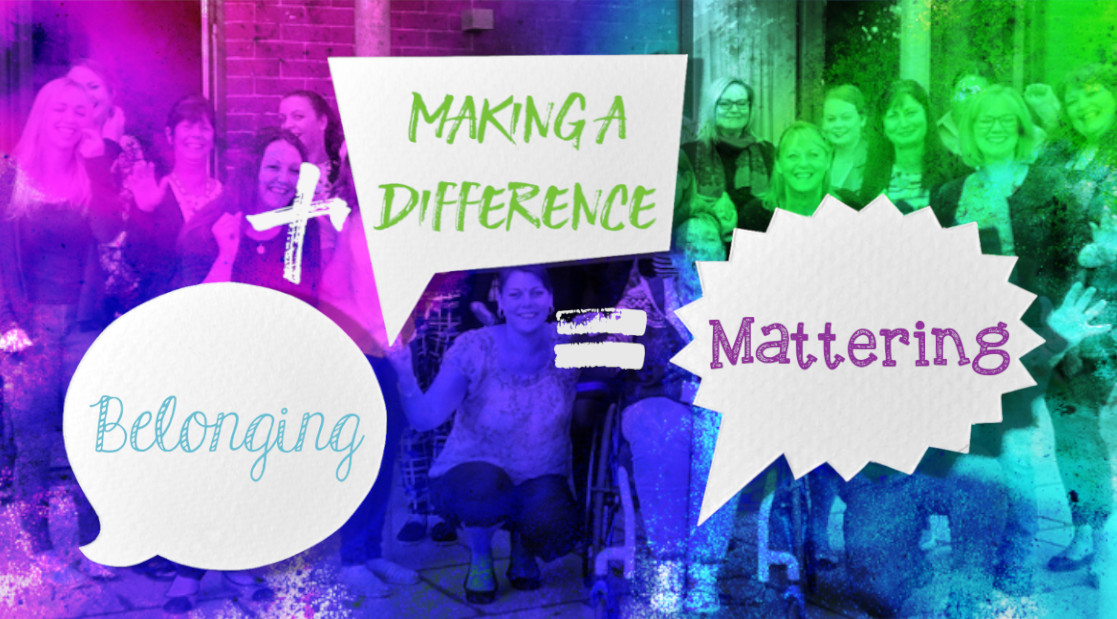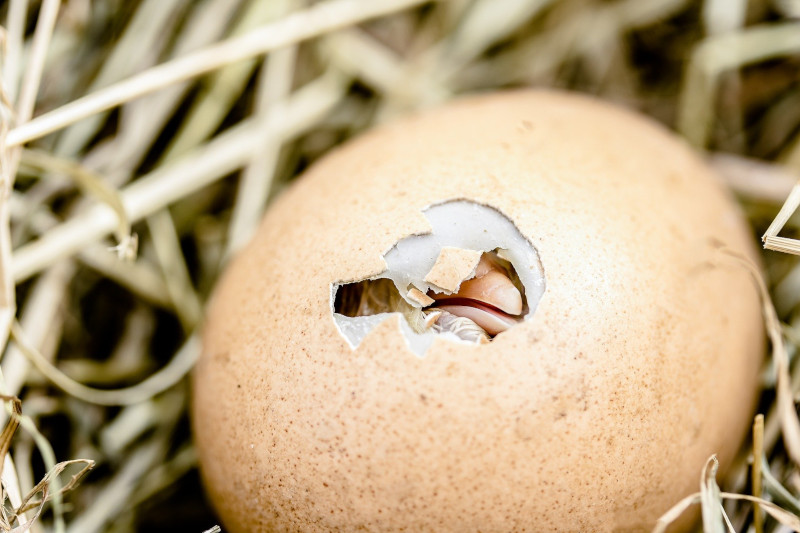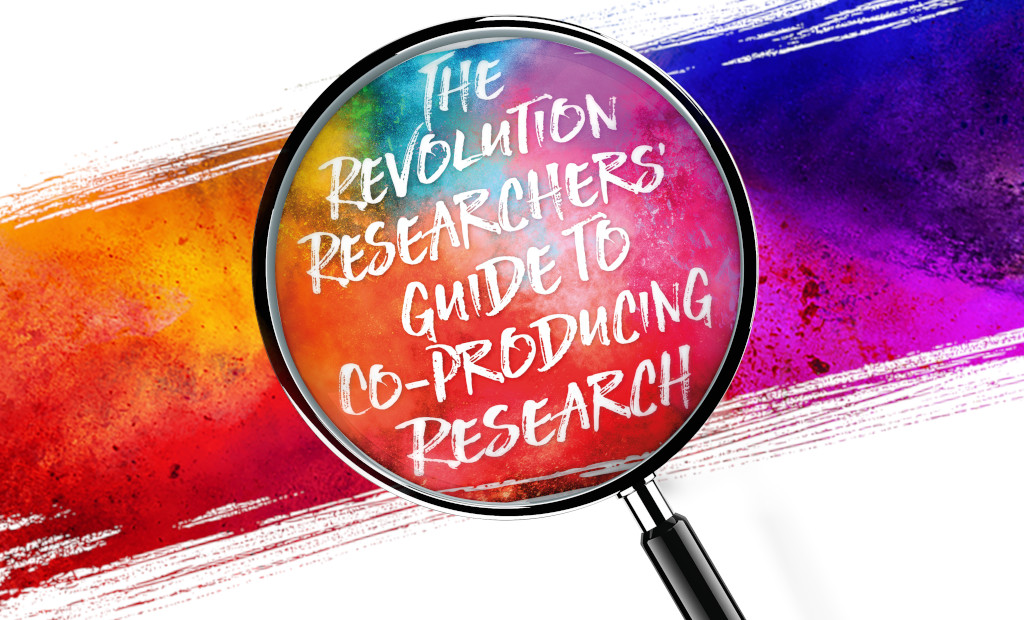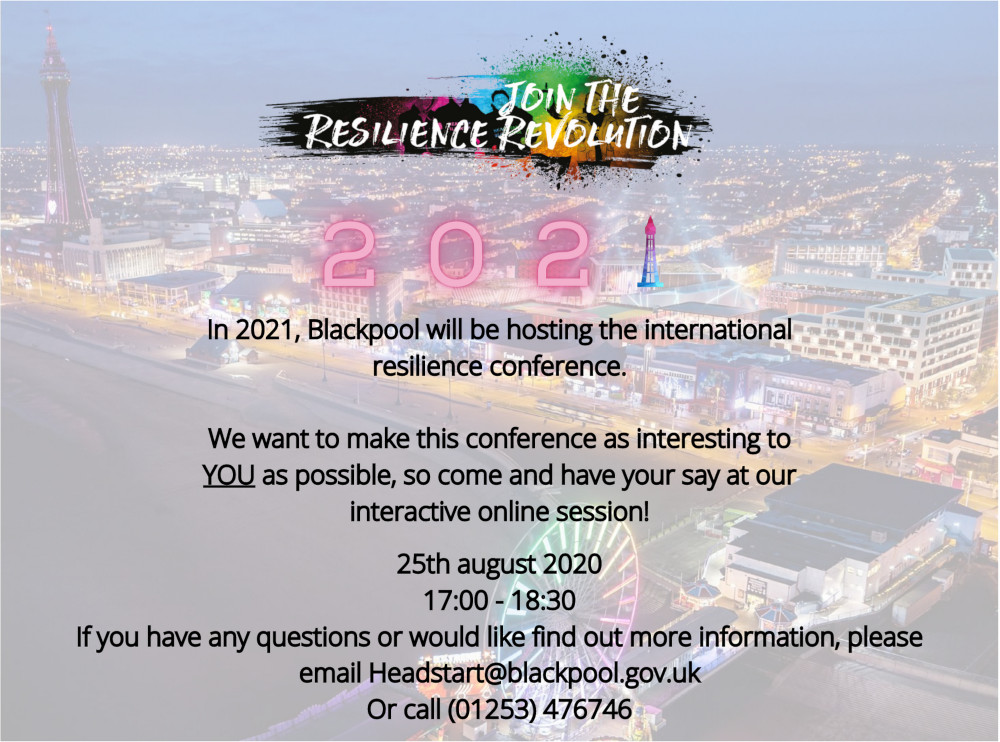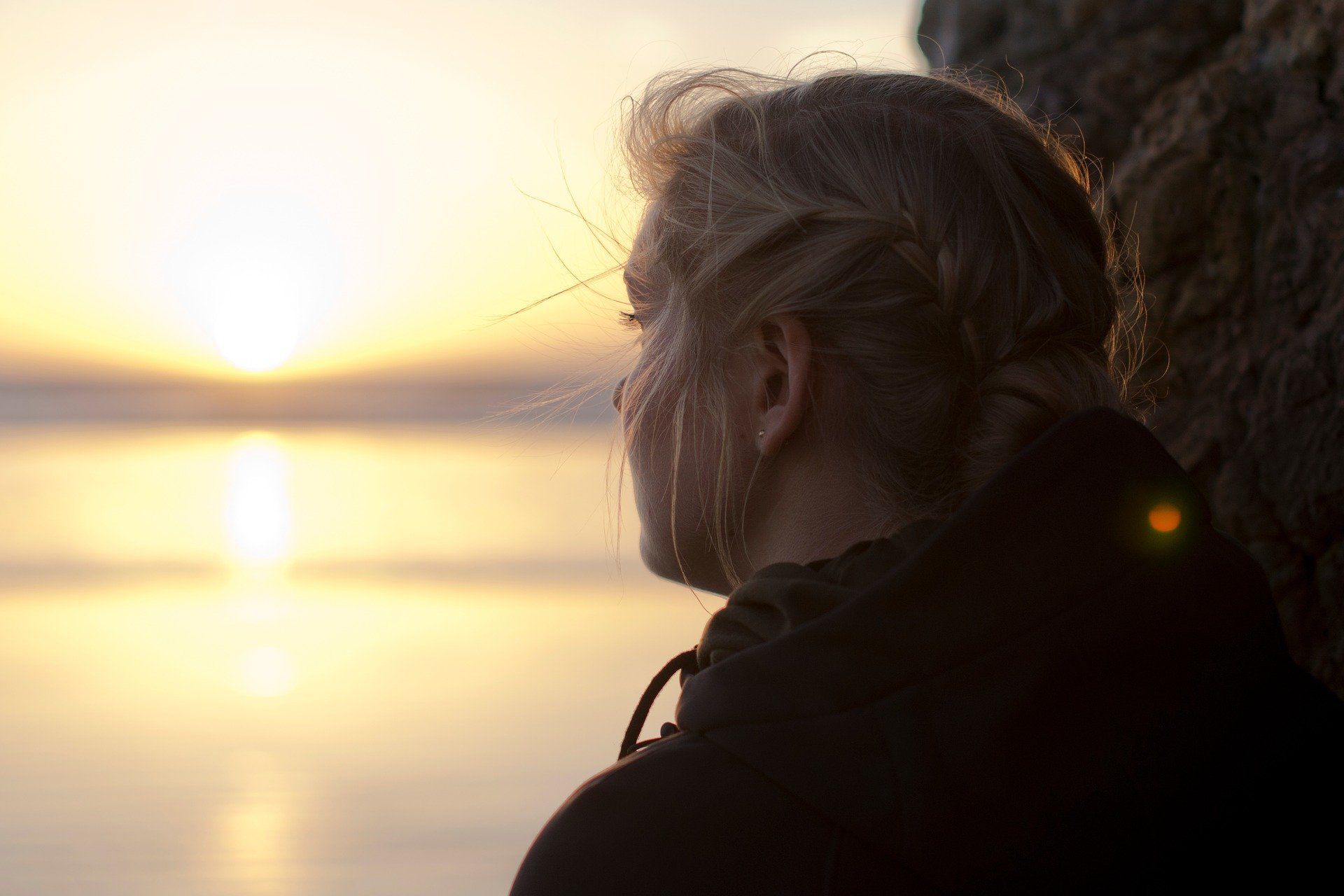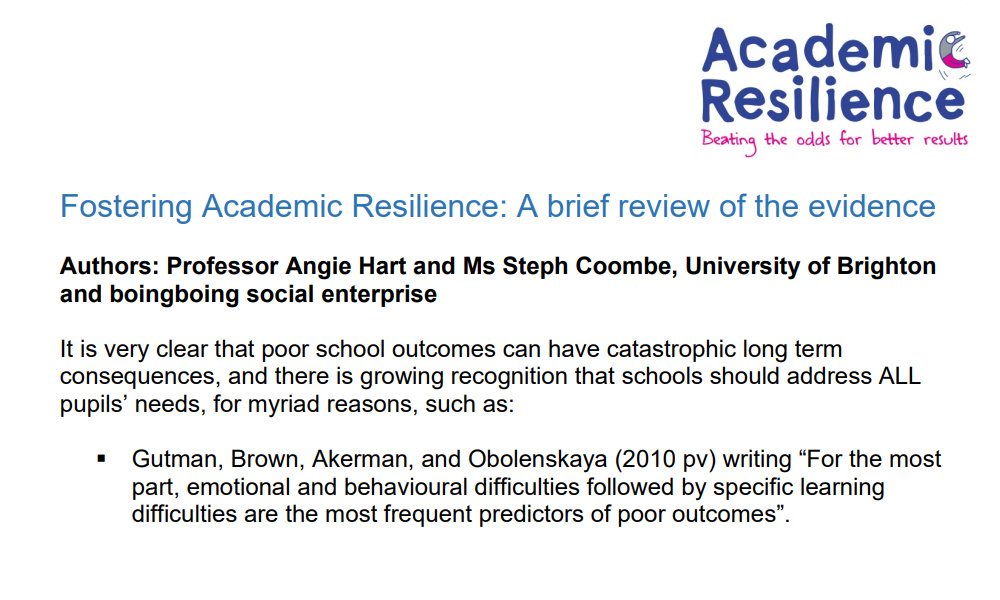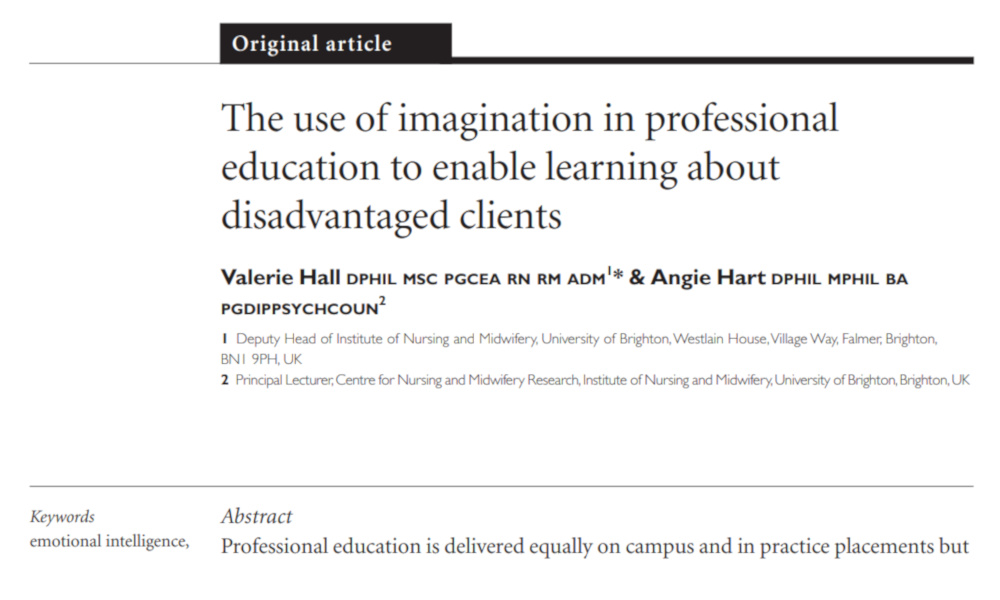 [email protected]
[email protected]
Topic Why focus on resilient communities and what does the lockdown tell us? – Diana Rose Session Summary I offered this session as a survivor of mental health services, a sometime academic and an activist. My histories or standpoints are important. Young working class girls like me in the 1950s and 1960s were taught that what … Read more
It is very clear that poor school outcomes can have catastrophic long-term consequences, and there is growing recognition that schools should address ALL pupils’ needs. This brief review of the evidence explores what is meant by the term resilience and gives an overview of what schools can do to foster it in their pupils.
In this paper we propose that creative methods of learning such as developing the use of imagination may have more direct application in bringing into the public domain previous implicit learning experiences. From the findings of this research, we created a learning model which can be used by lecturers or practice educators either in the campus or practice settings.
